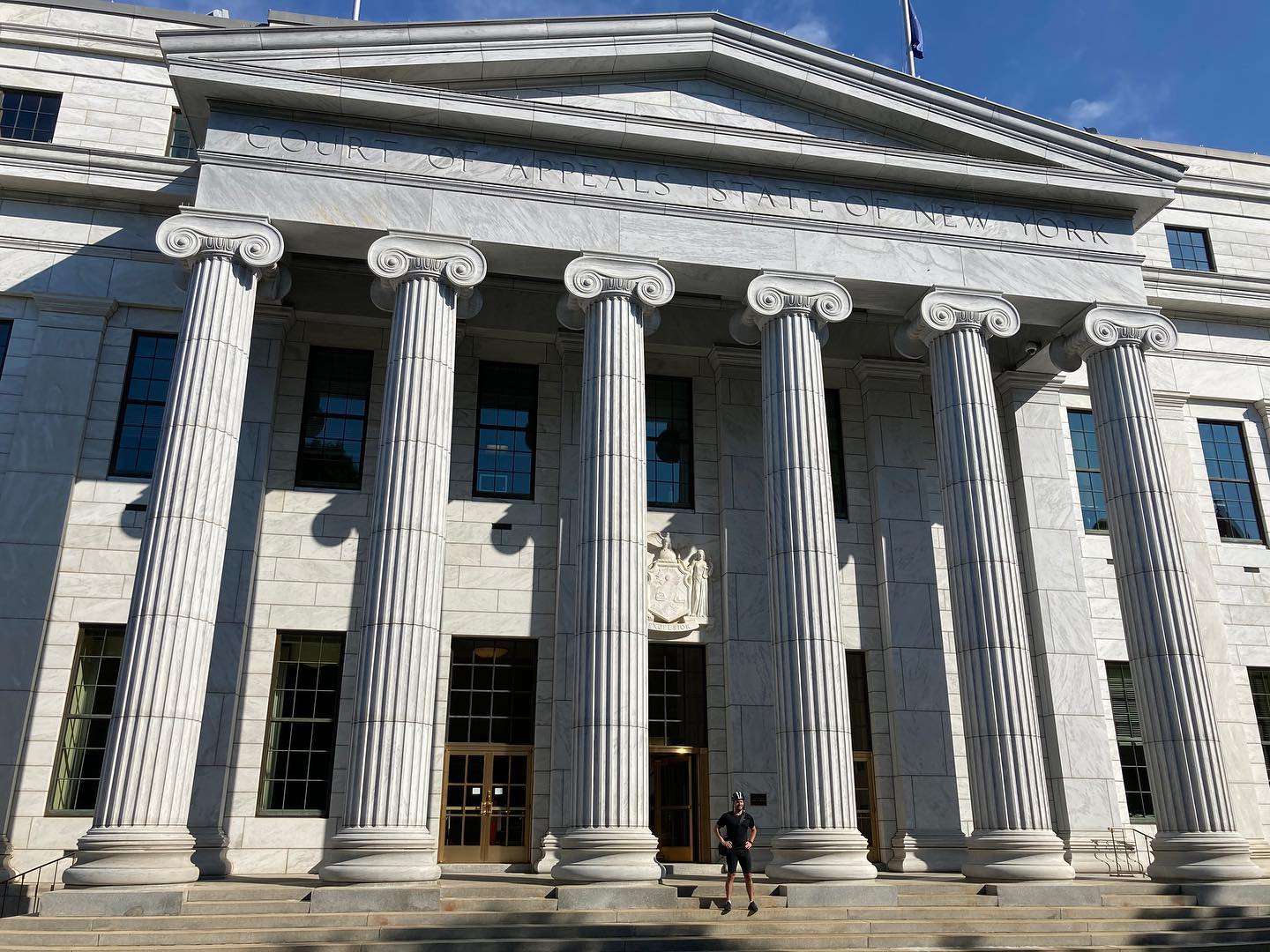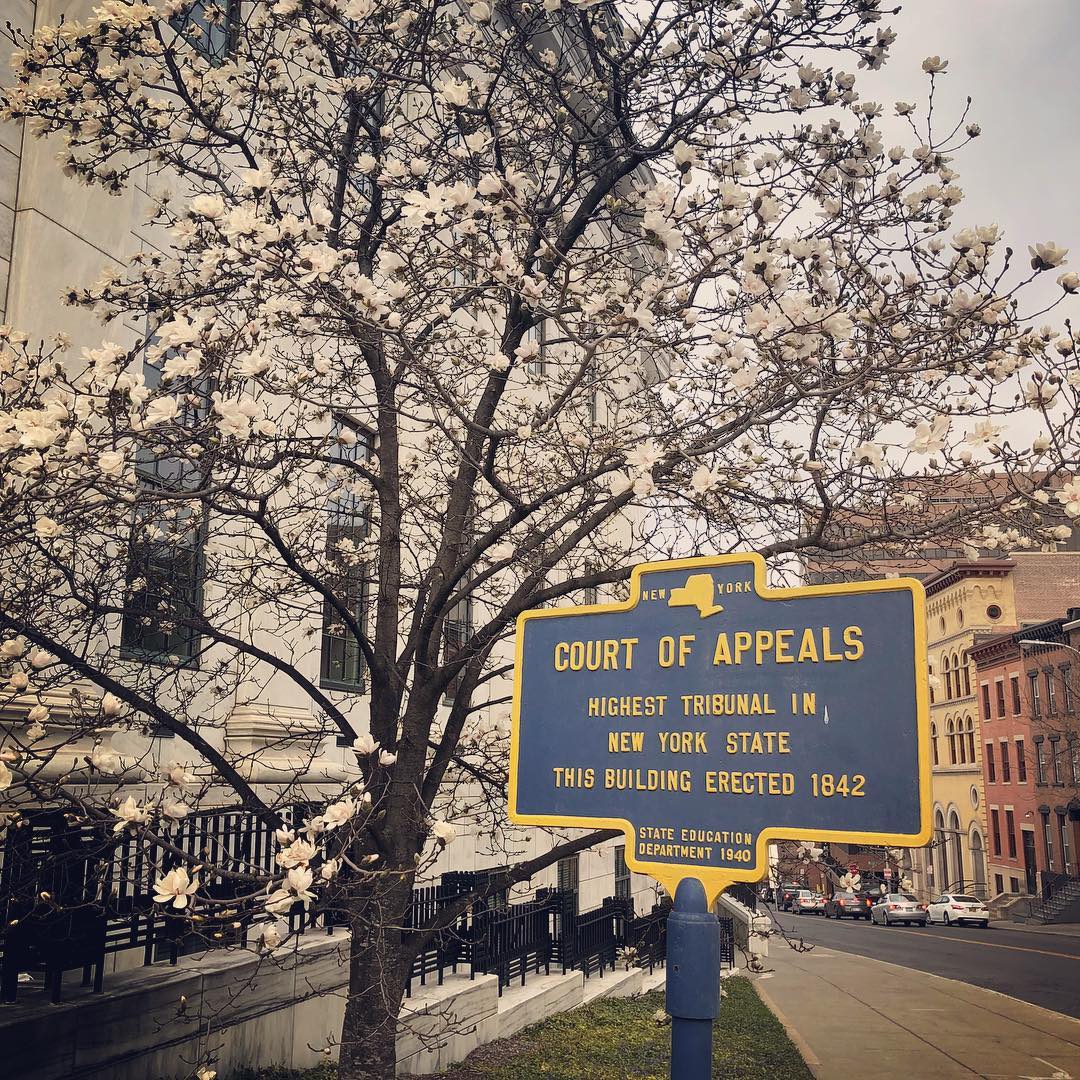Patent law firms will never increase diversity organically because law schools do not increase diverse patent law students organically. Why, you might ask? There are only a small number of law students that can actually go into patent prosecution. Generally law schools aren’t incentivized to train and develop patent practitioners to the extent that law firms expect when hiring. This is only exacerbated by the fact that minorities have fewer opportunities to get to law school.
I used to say that going to school is paying someone to teach you how to work in hopes that someone will pay you to work. But going to law school with an intention to practice in the patent field is tantamount to paying someone to teach you how to be a basketball player, only for them to teach you how to be NBA analyst without ever teaching you how to play basketball, and then expecting you to get drafted as a first-round pick.
– Braxton K. Davis
Why isn’t diversity in patent law improving?

Let’s think about it this way, most minorities have not had the same opportunities provided to them as their non-minority counterparts. They don’t have the same financial advantages, professional network, resources, education or generational knowledge and wealth. Consequently, the few minorities that are able to obtain an engineering/science degree are advised to go to a good law school (i.e., take on more debt) to become a successful patent attorney.
If the number of minority scientists/engineers enrolling in law school is not increasing, how is it that patent law firms expect to increase diversity within their respective patent groups? The answer is simple – they can’t. They may try to do so by poaching a diverse lateral here or there. While a lateral move increases diversity for the acquiring firm, it decreases diversity for the relinquishing firm. I don’t fault the law firms for this robbing Peter to pay Paul mentality, but it’s not really addressing the pipeline issue.
The traditional path to becoming a patent professional isn’t ideal for minorities.

I fault the system that has refused to recognize the unique opportunity that patent law presents for the legal community. Being the only area of law where you can practice in a quasi-legal capacity without going to law school yields advantages that few have tapped into successfully. So why is it that we are so archaic in our thinking that we still tell people to adopt the status quo? Noting that technical specialists and patent agents can practice in the profession without going to law school, we should not be advocating for law school as the entry gatekeeper to this profession – we should be advocating for proper training/development of scientists/engineers to practice as technical specialists/patent agents as the entry point to this profession for several reasons:
- Law school does not prepare you to practice as a patent practitioner
- Minorities acceptance rate is lower for law school
- Law students take on insurmountable debt to learn every subject in the legal sphere except for patent law.
- Law firms expect law graduates to have experience (that they didn’t receive in law school) in order to hire them=
- After all is said and done, you didn’t get passed over for a job because someone was better prepared than you. It’s often because they have generations of attorneys in their family, who were able to call upon their network for a favor. Meanwhile, you’re the first-generation engineer/scientist and law grad in your family struggling to play catch up financially and professionally.
How can we address the real issue?

So why on earth do we push law school to minority candidates in the patent profession. Why not set up a sustainable patent training program geared towards engineers/scientist and help them transition into law firms as technical specialists/patent agents. This has obvious benefits to all sides include:
- The candidate is now making money instead of spending it on law school debt.
- The candidate learns on the job at a lower pay grade than that required of attorneys on the order of 2 to 1. This increases work product for the law firm.
- The candidate can experience the industry before diving head first into law school and law school debt only to realize that patent law is not for them.
- If the candidate does intend to pursue law school, the firm can help support that initiative. The firm has been paying the candidate about 50% less than they would have paid an attorney. Why not invest in them and help them attend law school, which ultimately increases the law firms minority retention numbers.
The legal industry has just been bandaging an age-old wound and refusing to address the real issue. In a profession built on novelty and uniqueness, you’d think that someone would have found a sustainable way to address this issue by now. It just so happens that that someone, or group of someones, is the National Council on Patent Practicum.
This is why we are sponsoring the Diversity in Innovation conference – because without diverse inventors and diverse patent practitioners who understand the plight of the diverse inventors, our innovation and patenting system will forever be inadequate.
Commit to increasing diversity in patent law, take our pledge

DIVERSITY PLEDGE
- Identify underrepresented practitioners
- Raise Internal Awareness
- Commit to financially investing in patent education for diverse technical specialists/patent agents
- Commit to hiring at least 2 diverse technical specialists/patent agents over the next 3 years and retaining for at least 3 years (provide support for law school transition where feasible)
- Ensure adequate workload to meet billable hour requirement
- Commit to increase leadership positions by 10% for diverse candidates
- Spotlight diverse individuals within your organization for their accomplishments
- Commit to providing hired diverse technical specialists/patent agents with mentorship and continued professional development and growth opportunities
- Commit to continued on the job training for diverse technical specialists/patent agents and providing them access to external training/development resources
- Advocate that greater diversity in the patent profession will benefit the overall profession
- Commit to increasing your patent team diversity by 10% over the next 3 years
- Publicly support initiatives, actions, and organizations that promote greater diversity within the profession
- Participate in a conference that promotes greater diversity within the profession
